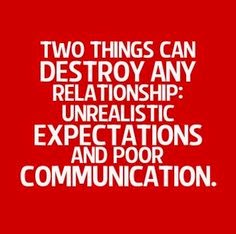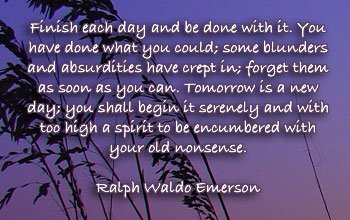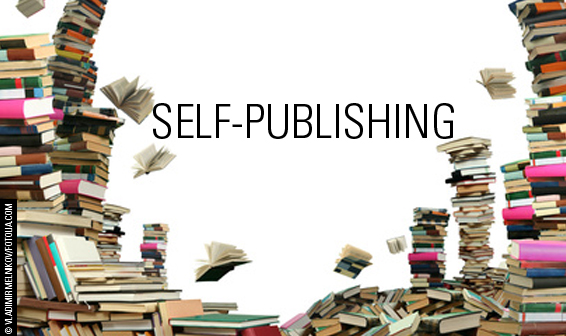
Are You Making a Difference

Special thanks to Damaria for this post.
Using your writing to make a difference
As writers and bloggers, we have the power to make a difference in people’s lives and in our communities.
We are well-positioned to build a following of people who like reading our works, and would respect us enough to take action if and when we suggest it. And yet, how many times do we consciously wield this power for the good of society?
It took me a long time to appreciate that my words had the power to influence people, and to work through the fear that comes from this knowledge enough to be willing to take action.
 I am still learning, and taking baby steps. But I am determined to use my writing to empower readers to take action and help someone else, and to do what they can to build a better community.
I am still learning, and taking baby steps. But I am determined to use my writing to empower readers to take action and help someone else, and to do what they can to build a better community.
And no, I’m not talking about preaching at people, because that’s just plain boring and no one listens to you anyway. I’m talking about telling stories that leave people with a warm glow that prompts them to do something, however small it may seem.
These stories can be in the form of poems, articles, blog posts, short stories, plays, even novels.
My writing career didn’t start out this way.
When I first decided to become a writer, all I wanted to do was tell the stories of the characters crowding my head. I wanted to write books that people want to read, and tell entertaining stories that people remember long after they’ve read the last page. I’m still working on this goal, though I do earn a living as a writer.
 The first lesson I had to learn was that my words hold a message for my readers, regardless of whether I acknowledged this to myself or not.
The first lesson I had to learn was that my words hold a message for my readers, regardless of whether I acknowledged this to myself or not.
This lesson came to me when I was still a university student, and I managed to place one of my poems with a national magazine. My fellow-students raved about the poem, and dissected it, discussing meaning.
I was startled by some of the things that they read in the poem. I realised that a lot of people read the poem differently. Thank God they mostly took away positive messages out it!
The second lesson I learnt was that I needed to respect my own stories, and make sure that the central message remains intact.
Let me clarify that I’m not talking about being a difficult writer who ignores editorial direction. But you have to be able to look at the final product and say, “this is the story I wanted to tell.”
 This lesson was not an easy one: I was going through my play writing stage and one of the plays I wrote managed to land a stage production deal.
This lesson was not an easy one: I was going through my play writing stage and one of the plays I wrote managed to land a stage production deal.
The director liked the concept, but felt that the way I was telling the story was too social commentary and did not have enough drama and sheer entertainment.
And he was right.
The problem is that the manner in which script was “strengthened” diluted the real story I wanted to tell, and replaced with a very graphic play that used a language my parents would have been horrified to hear come out of my mouth. To this day, I’m not quite sure what the final play actually sought to accomplish.
The funders loved it though, and the theatre audiences lapped it up. We even took it to a major annual arts festival where it actually garnered a couple of good reviews. The play also had a limited run in a number of theatres back in Johannesburg. And I was never proud of it [and never list it in my credits], because this was not the story, and message, that I set out to communicate.
 The third lesson I’m slowly assimilating is that making a difference does not mean boring.
The third lesson I’m slowly assimilating is that making a difference does not mean boring.
The little girl inside me who just wants to write stories that entertain people and leave them relaxed and happy is still inside me.
However, she has learnt that entertainment can make a subtle point, without detracting from the overall tale. As I said at the beginning, once you start talking at people, they stop listening, which defeats the goal of being able to influence them in any way.
I also realise that the writing journey I have chosen is long, and is not without its challenges. But I also have enough faith to persevere.
Biography Damaria Senne is writer based in Johannesburg. She used to specialise in the ICT field, writing news articles, features, case studies, web copy and press releases on ICT-related topics.
She has now broadened her scope to include relationships, HIV and AIDS, as well as career development. Damaria’s first children’s book, THE DOLL THAT GREW was published by Macmillan SA in 1993. Her second reader, BOITSHOKO, was published by Heinemann SA in 1996.
Damaria develops content for the OneLove Campaign (www.onelovesouthernafrica.org), a regional HIV-Prevention campaign that spans nine countries in Southern Africa. She blogs about her life as a writer and parent at her blog.
Once again Damaria thanks so much. If you feel you have a powerful message to give please feel free to email me, at anytime. Take the time to check out Damaria’s site.
You May Also Like

Best of Both Worlds!
August 28, 2013
Writing on an iPad: A Review
March 2, 2015

3 Comments
Rebecca
Once again I would like to express my thanks to Damaria, please everyone give her a wonderful round of applause.
BeckyJoie at Leaders in Learning
What a nice surprise to see Damaria here too. :>)
Damaria Senne
@Rebecca-Thank you so much for hosting me.